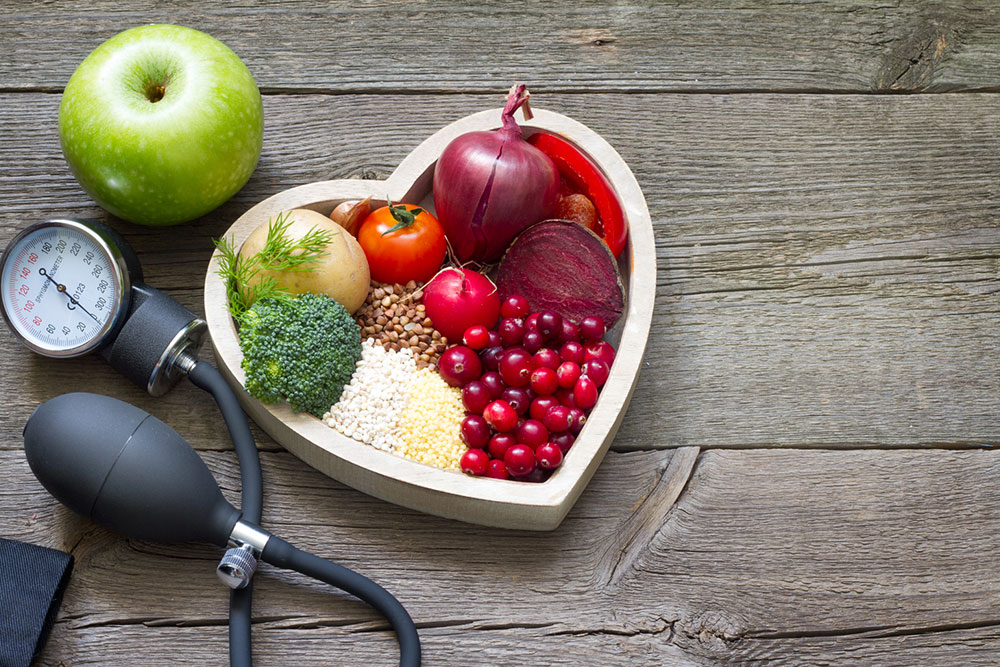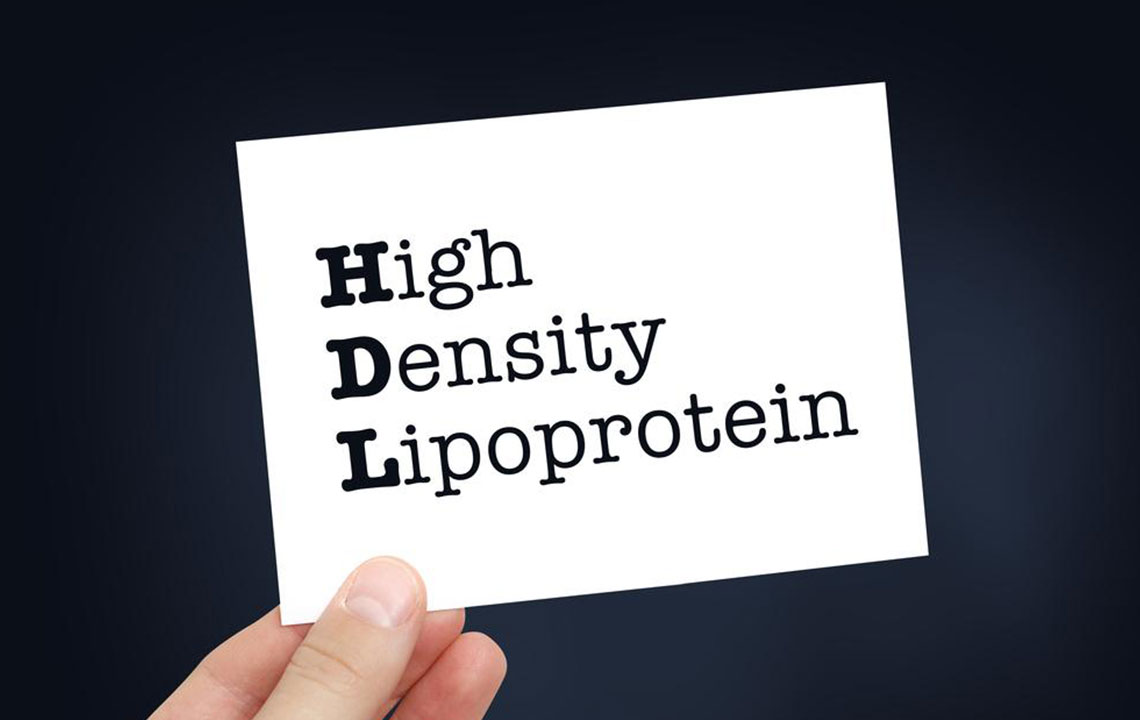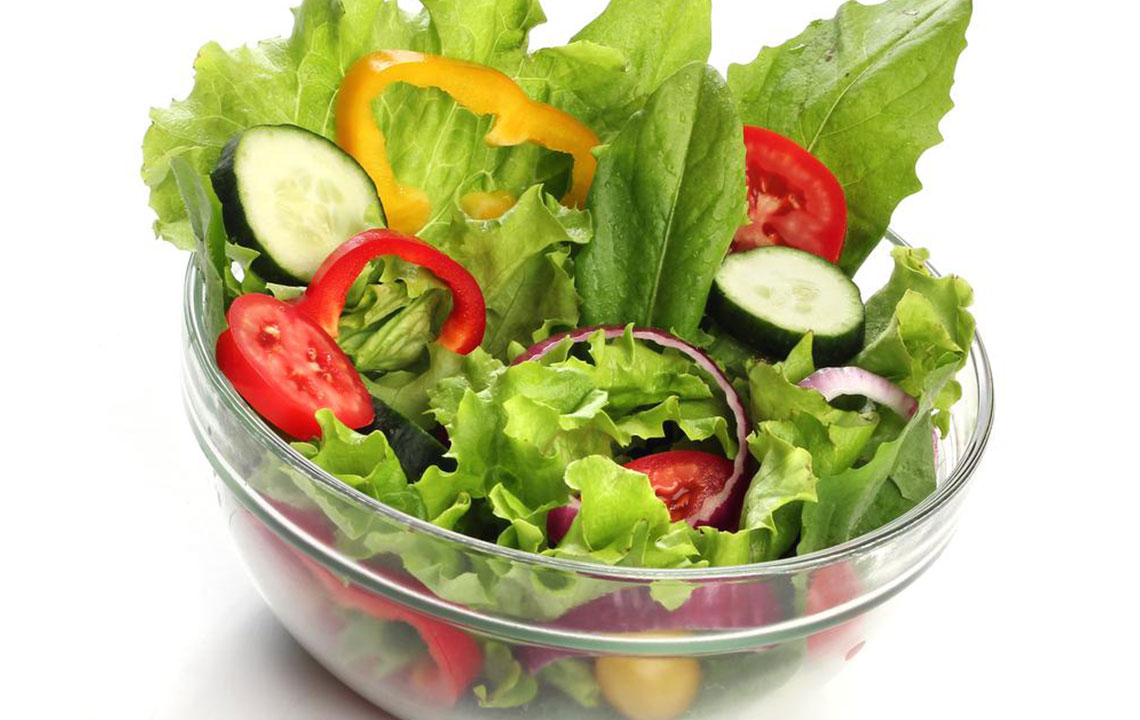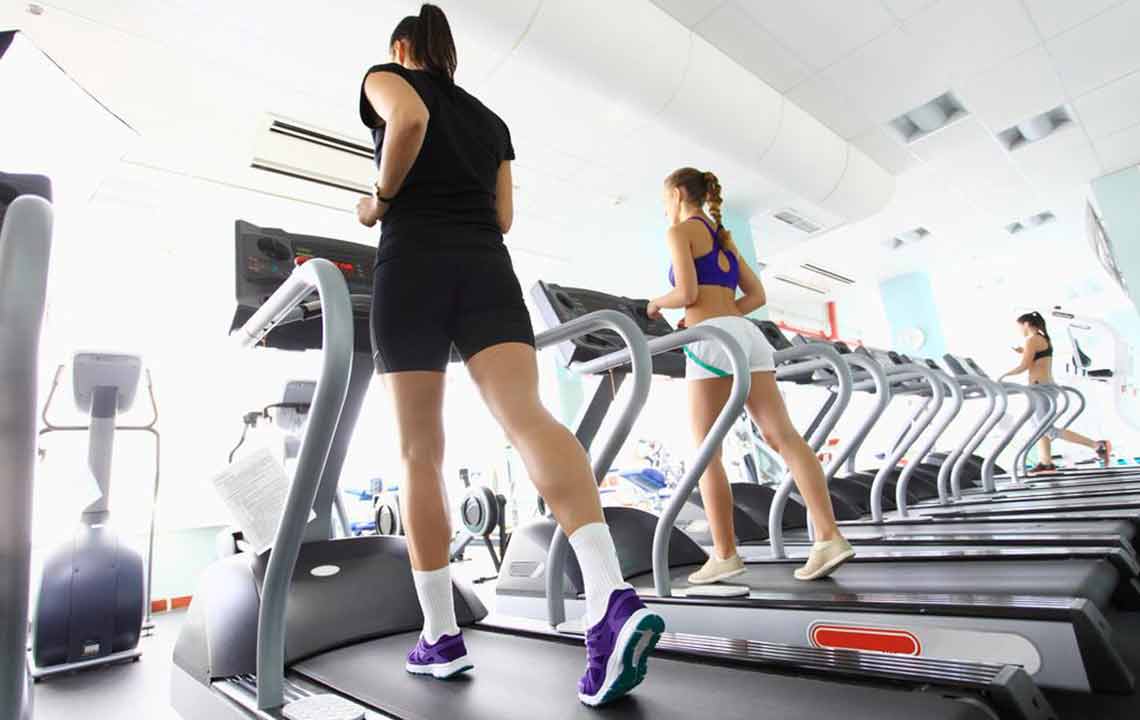Enhance Your Good Cholesterol Naturally
This article provides practical, natural methods to boost good cholesterol (HDL), including exercise, healthy diet, quitting smoking, and potential medications. Maintaining optimal HDL levels reduces the risk of heart disease and stroke. Regular check-ups and lifestyle changes are key to achieving and sustaining healthy cholesterol balance for overall cardiovascular wellness.
Sponsored

Cholesterol, a fatty substance found within human cells, serves vital roles such as building cell structures. It travels through the bloodstream attached to proteins called Lipoproteins.
There are two main types of Lipoproteins:
Low-density lipoprotein (LDL), commonly known as bad cholesterol
High-density lipoprotein (HDL), known as good cholesterol
Maintaining a proper balance of these is crucial for health. The goal is to increase HDL and reduce LDL levels. Regular check-ups and medical guidance are essential to manage these levels effectively.
Healthy HDL levels are generally considered to be 60 mg/dL or higher, while levels below 50 mg/dL may pose health risks. Higher HDL is linked to reduced chances of heart attack and stroke. Below are effective strategies to boost your HDL cholesterol.
Regular Physical Activity
Incorporating consistent exercise into your routine can significantly raise HDL levels. Start gradually—such as walking or jogging for 15-30 minutes daily—and progress to more intense workouts like aerobics or strength training, which further enhance HDL’s protective effects.
Weight management plays a crucial role. Losing excess pounds can raise HDL while lowering LDL. A study indicated that losing just 3 kg can increase HDL by about 4 mg/dL. Combining exercise with a balanced diet helps sustain these benefits.
Dietary Choices
Focusing on healthy fats improves HDL. Opt for monounsaturated and polyunsaturated fats found in nuts, seeds, and fatty fish like salmon and tuna. Olive oil, high-fiber fruits, whole grains, beans, and moderate red wine consumption support heart health. For individuals with diabetes or obesity, a low-carb keto diet may aid in weight loss and blood sugar regulation.
Quit Smoking
Smoking damages arteries and decreases HDL levels, increasing heart disease risk. Nicotine alters enzymes responsible for lipid transport, and smoking-induced oxidative changes render HDL dysfunctional, contributing to artery blockages.
Medication Options
Medications like statins can help lower LDL and modestly increase HDL when necessary. Nicotinic acid (Vitamin B3) therapy has been effective in raising HDL by 20-35%. However, athletes using anabolic steroids should monitor their HDL levels, as these drugs can negatively impact HDL cholesterol.






